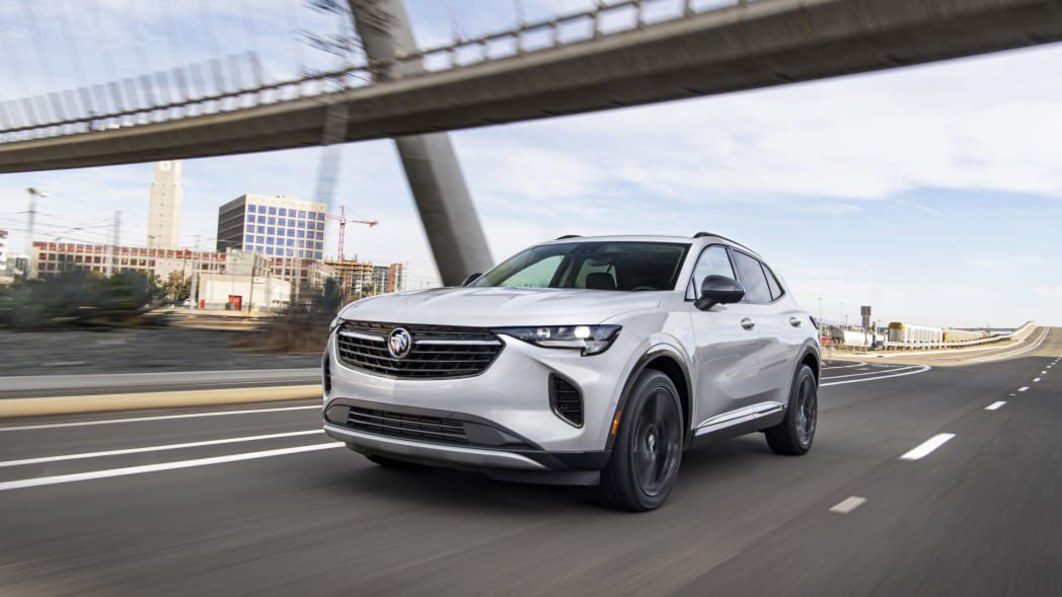Buick takes top spot in 2022 J.D. Power Initial Quality Study

People, economies, and supply chains weren’t the only things continuing to get sick over the past year. The 2022 J.D. Power Initial Quality Study (IQS) is out, showing the average rate of problems per 100 vehicles (PP100) during the first 90 days of ownership increased overall. The average figure for the 32 ranked manufacturers in 2020 was about 166 problems per 100 vehicles. In the 2021 IQS, that dropped to an average of 162. This year, the average jumps to 180 problems.
J.D. Power says that figure is a record high over the 36-year history of the study. Buick leapt to the top of the rankings this year with the fewest issues, at 139 problems per 100 vehicles in the first 100 days of ownership. After Dodge became the first American automaker to lead the IQS in 2020, followed by Ram in 2021, this year marks a three-peat for U.S. carmakers. Dodge took second this year at 143 PP100, Chevrolet third with 147 PP100, Genesis the first luxury maker on the chart in fourth with 156 PP100.
Between February and May, this year’s study gathered responses to 223 questions from more than 84,000 new 2022-model-year car owners and lessees. The questions are designed to zero in on real-world problems new owners encounter with nine categories of vehicle features: Infotainment; features, controls and displays; exterior; driving assistance; interior; powertrain; seats; driving experience; and climate. As has been the case in the past few year, infotainment has proved to be the most problematic bugbear making scores worse. Considering features individually, six of 10 of the worst problem areas dealt with infotainment, causing infotainment’s score of 45 PP100 to be 19.5 PP100 worse than the second-placed feature. Consumers ranked getting Android Auto and Apple CarPlay to connect reliably as the most troublesome.
GM didn’t just score with Buick, which was one of only nine of the 33 ranked brands to show improvement this year. The conglomerate earned first place with the fewest PP100 among all the automaker groups, and scored the most model-level awards with nine, ahead of BMW with eight and Hyundai Group with three.
This year’s study again showed a gap between luxury and mass-market makers, thought to be down to the amount of tech in luxury vehicles that consumers aren’t properly informed about or that doesn’t act as expected — that latter issue exacerbated by the chip shortage. Mass-market brands collectively rung up 175 problems per 100 vehicles during the first 90 days of ownership, whereas luxury vehicles collectively rung up 196 PP100.
Electric and electrified vehicles were caught in the technology snare as well, BEVs not including Tesla scoring 240 PP100 compared to 239 PP100 for PHEVs and 173 PP100 for the old internal combustion engine. Tesla made the official rankings for the first time, although again with an asterisk. The company doesn’t give J.D. Power access to its consumers in such states where law demands the automaker must consent. On top of that, the organization doesn’t want the preponderance of what Teslas it can find out about to skew the entire BEV category. So, on its own and with those caveats in mind, Tesla scored 226 PP100, showing two years of improvement.
David Amodeo, director of global automotive at J.D. Power, said, “Given the many challenges automakers and their dealers had to face in the past year, it’s somewhat surprising that initial quality didn’t fall even more dramatically.” Check out the chart for the rest of the details.




